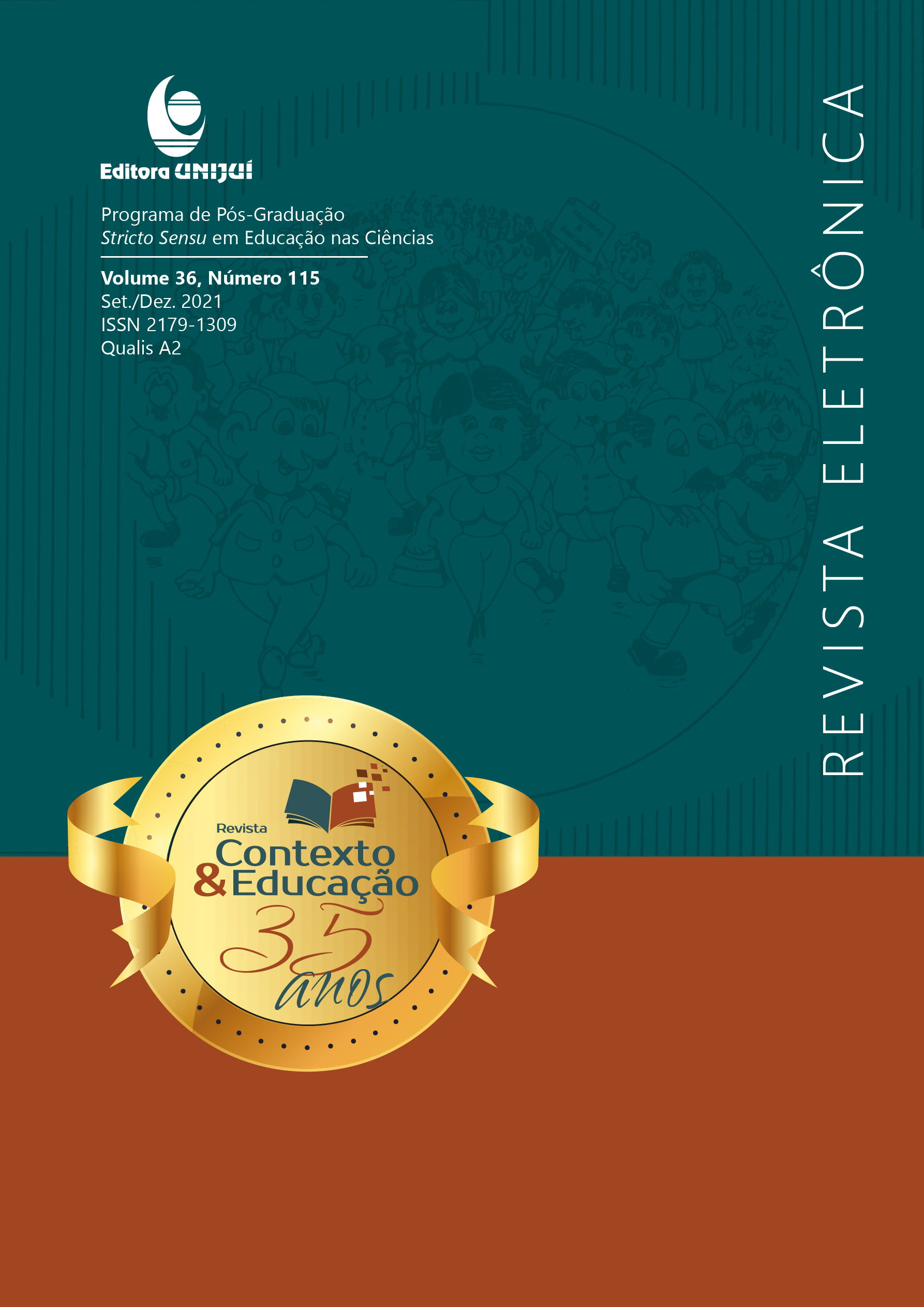AS TENDÊNCIAS CURRICULARES NA DÉCADA 1970 E O CASO DO PROJETO LOGOS II
CURRICULAR TRENDS IN THE 1970S AND THE CASE OF THE LOGOS II PROJECT
DOI:
https://doi.org/10.21527/2179-1309.2021.115.10440Keywords:
History of Education. Teacher training. Vocational education.Abstract
Between the 1970s and the 1990s, a project to train untitled teachers called Logos II was developed in some regions of Brazil. The program adopted the educational technology of distance learning via modular. The curriculum of Logos II contained 28 subjects, divided into two categories (General and Special) which, after completing their studies, enabled the teacher-student to qualify as a high school teacher. Thus, the article on screen aims to elaborate a history of the curriculum in the 1970s based on the analysis of the curriculum of the Logos II project. In addition, we will highlight the concepts of technical education that structured the Brazilian curriculum, and consequently the curriculum structure of the Logos II Project. The documents related to the Logos II project were used as sources, as well as the laws and other documents related to the theme. As a theoretical-methodological framework, we used the concept of curriculum by Goodson (2012) and the understanding of historical source analysis by Ginzburg (1989; 2008) and Pesavento (2008). The results indicate that at the time of the project's implementation, the Brazilian curriculum received major international influences, due to the bilateral agreements that marked the construction of the Logos II curriculum.
Downloads
Published
How to Cite
Issue
Section
License
By publishing in Revista Contexto & Educação, authors agree to the following terms:
All works are published under the Creative Commons Attribution 4.0 International License (CC BY 4.0), which allows:
Sharing — to copy and redistribute the material in any medium or format;
Adaptation — to remix, transform, and build upon the material for any purpose, even commercially.
These permissions are irrevocable, provided that the following terms are respected:
Attribution — authors must be properly credited, a link to the license must be provided, and any changes made must be indicated.
No additional restrictions — no legal or technological measures may be applied that legally restrict others from doing anything the license permits.
Notices:
The license does not apply to elements that are in the public domain or covered by legal exceptions.
The license does not grant all necessary rights for specific uses (e.g., image rights, privacy, or moral rights).
The journal is not responsible for the opinions expressed in the articles, which are the sole responsibility of the authors. The Editor, with the support of the Editorial Board, reserves the right to suggest or request modifications when necessary.
Only original scientific articles presenting research results of interest that have not been previously published or simultaneously submitted to another journal with the same purpose will be accepted.
Mentions of trademarks or specific products are intended solely for identification purposes and do not imply any promotional relationship by the authors or the journal.
License Agreement (for articles published from October 2025): Authors retain the copyright to their article and grant Revista Contexto & Educação the right of first publication.


